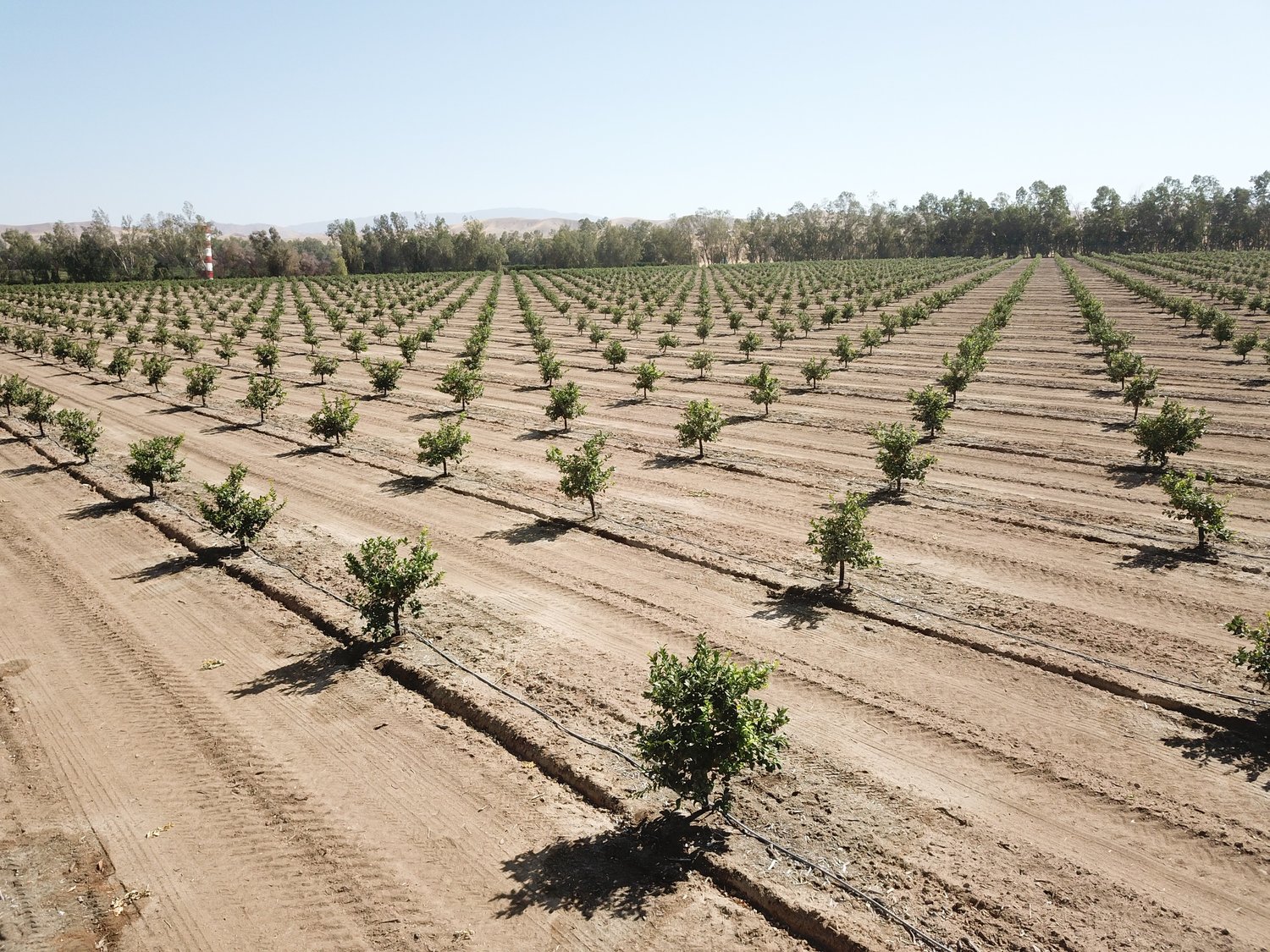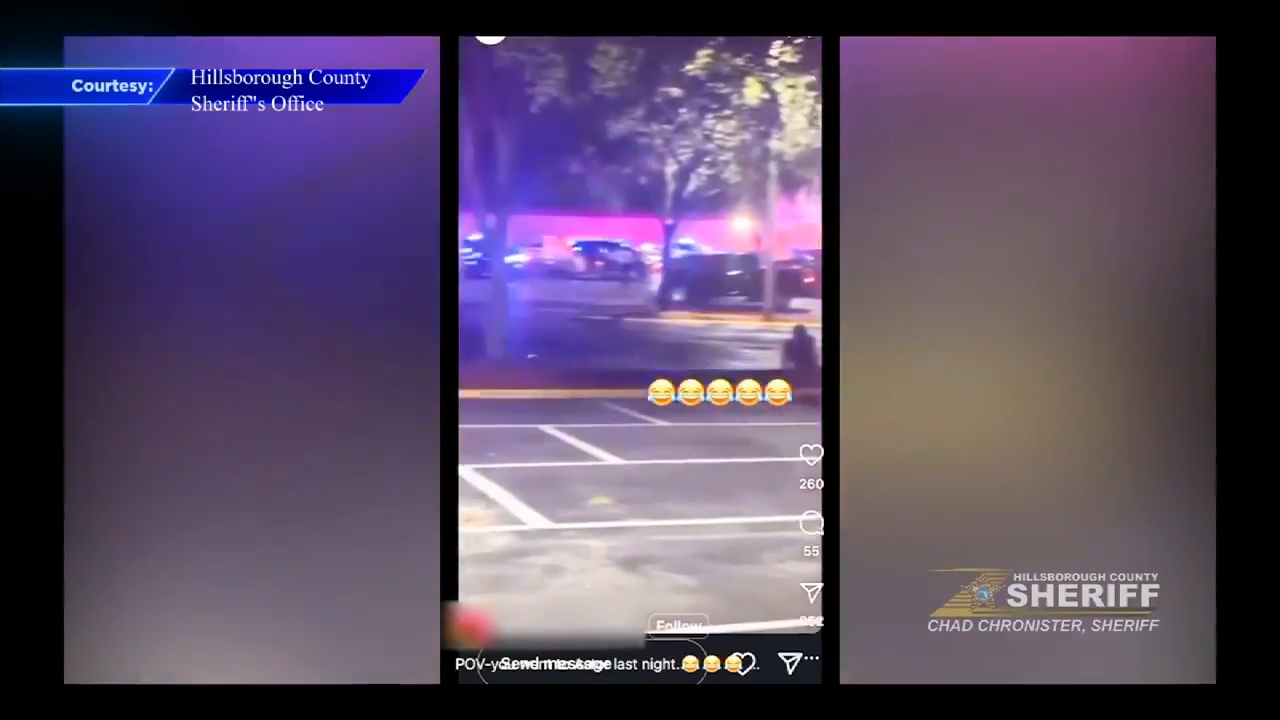California
In year since Monterey Park mass shooting, California has passed a bevy of new gun laws

More than 20 new gun safety laws were passed by California state legislators last year following mass shootings in Monterey Park, Half Moon Bay and elsewhere.
Those laws are designed to make it more difficult for potentially dangerous people to keep firearms, help trace perpetrators when one is used improperly and tax ammunition to fund school safety and gun violence intervention programs.
Advocates, including Gov. Gavin Newsom, say California is leading the nation on such reforms and its success is evidence that “gun safety laws work.”
“The data proves they save lives: California’s gun death rate is 43% lower than the rest of the nation,” Newsom said in September. “These new laws will make our communities and families safer.”
Tanya Schardt, senior counsel at Brady, a nonprofit advocating for gun safety, said the lower rate of gun-related deaths in California is the “result of deliberate, strategic interventions to set up a system of laws that work.”
“California did a lot last year with a really diverse package of bills,” Schardt said. “It’s a big step forward.”
Those bills include:
- AB 28, from Assemblymember Jesse Gabriel, D-Woodland Hills, imposed a tax on the sale of bullets, which is expected to raise $160 million annually for gun violence intervention programs.
- AB 732, from Assemblymember Mike Fong, D-Monterey Park, increased the standards for surrendering firearms following criminal convictions and requires the Department of Justice and local agencies to address a backlog of individuals who may not have turned over their firearms.
- SB 452, from Sen. Catherine Blakespear, D-Encinitas, prohibits the sale of semiautomatic pistols without microstamping technology, which imprints a code on casings fired from the weapon, after Dec. 31, 2027.
- SB 2, from Sen. Anthony Portantino, D-Pasadena, sets a minimum age of 21 for a concealed carry weapon license and restricts license holders from carrying those weapons in certain sensitive locations.
- SB 241, from Sen. Dave Min, D-Irvine, requires gun dealers and their employees to complete annual training and certification related to the prevention of theft, fraud and illegal purchases.
In 2023, there were 42 mass shootings in the United States in which four or more people were killed, including four in California, according to a database compiled by USA Today, The Associated Press and Northeastern University. In California alone last year, 28 people were killed and 10 injured in mass shootings.
The deadliest of those shootings occurred on Jan. 21, 2023, during Monterey Park’s Lunar New Year celebration. A gunman wielding a semiautomatic handgun entered the Star Ballroom Dance Studio and opened fire on the crowd, killing 11 and injuring nine using a semiautomatic handgun. Two days later, a farm worker killed seven and wounded one at two mushroom farms in Half Moon Bay.
If SB 452 had been in place, the microstamping on the handgun used in Monterey Park would have allowed law enforcement to immediately identify the shooter, Schardt said.
Other bills, such as AB 28 and AB 1587, aim to prevent gun violence by developing programs to address the root causes and to flag suspicious behavior before a firearm is used, she said.
Last year, American Express, Mastercard and Visa faced pushback over plans to introduce a merchant code to track firearm purchases and flag suspicious behavior. While other states quickly passed laws to prevent the implementation of such a code due to privacy concerns, California took the opposite approach and made it mandatory for banks and credit cards starting Jan. 1.
“Financial institutions can now be a part of our efforts since they are in a unique position to flag buying patterns that no one else can,” stated Assemblymember Phil Ting, D-San Francisco, following the signing of his bill, AB 1587. “Merchant codes are already assigned to other retailers, and the gun industry should be included. Identifying large purchases of firearms and ammunition can be instrumental in helping California prevent tragedies and to save lives.”

Similar codes are used by law enforcement to identify potential human trafficking or fraud, according to Schardt.
Portantino, the state senator from Pasadena, said California’s policies are about “preventing the next tragedy.”
“The data is clear, California is safer than Mississippi or Texas, because of our policy,” Portantino said. “These are are public safety initiatives and we know they work.”
SB 2, the CCW law authored by Portantino, immediately faced legal challenges from gun rights advocates. A judge issued a preliminary injunction against the law, which was set to go into effect at the start of the year, after declaring parts of it unconstitutional in December.
The injunction was stayed in early January and then reinstated days later. Litigation against the legislation is still pending, but Portantino said roughly 80% of the law is in effect now, including requirements for 16 hours of training and limitations on carrying firearms in certain locations, such as airports, government buildings and schools.
“It’s an issue that is going to continue to be contested,” Portantino said. “The attorney general is vigorously defending the integrity of SB 2.”
Portantino said he intends to continue to push for additional reforms in 2024. Another bill, SB 53, is working its way through the Legislature already. It would require firearms in homes to be stored in a Department of Justice-approved lock box or safe. Multiple violations could lead to a one-year ban on the purchase and possession of a firearm.
More than 76% of school shooters obtain guns from their homes, he said.
“If you’re going to be trusted with a weapon that kills people, you should be responsible,” he said. “And if you’re irresponsible, you should be held accountable.”

Fong, the assemblymember from Monterey Park, brought forward two other gun safety bills last year. AB 733, which would have prohibited law enforcement agencies from selling firearms, faced opposition from police unions and ultimately was vetoed by Newsom. The other, AB 1638, which was signed into law, requires local agencies providing emergency response services to provide information in English and all languages spoken by 5% or more of the population.
The latter was brought forward in response to the shooting in Monterey Park last January, Fong said. Monterey Park has one of the largest percentages of Asian residents in Los Angeles County and many seniors in the community, who do not speak English, were unable to get quick and accurate information in the aftermath of the tragedy.
“They didn’t know if the shooter was still a threat,” Fong said.
Fong said he plans to continue to work with the Legislature’s Gun Violence Working Group to push forward more reforms in the future.
“In 2023, California made tremendous progress, but we always know there is more work to be done,” Fong said.
The shooting in Monterey Park led to movement at the federal level as well.
President Joe Biden, during a visit to Monterey Park, unveiled an executive order instructing the U.S. attorney general to ensure that gun dealers are conducting required background checks and to stop gun dealers from selling weapons if they have lost their federal licenses.
In September, Biden created the White House Office of Gun Violence Prevention, led by Vice President Kamala Harris, to coordinate nationwide efforts to prevent gun violence. At the time, Biden renewed a call to Congress to ban assault weapons and high-capacity magazines, to adopt a safe storage law and to implement universal background checks.
“I’m not going to be quiet until we get it done,” Biden said at the time.

California
Prop. 22: California Supreme Court takes up gig worker dilemma

Prop. 22: California Supreme Court takes up gig workers dilemma
The California Supreme Court on Tuesday will hear arguments on a case that could determine the future of the state’s gig economy.
SAN FRANCISCO – The California Supreme Court on Tuesday will hear arguments on a case that could determine the future of the state’s gig economy.
Prop. 22 was passed in November 2020 by nearly 60 percent of voters.
It classifies rideshare and delivery drivers for companies lke Uber,Lyft, Door Dash and Instacart, as independent contractors, not employees.
As contractors, drivers are supposed to have more flexibility with their work schedules.
But it also means they’re not legally entitled to things like a minimum wage, overtime or sick leave.
Now, some rideshare drivers and state union representatives are challenging the legality of Prop. 22.
Their argument: some worker rights, like making sure people are paid a minimum wage, should be determined by state law, regardless of what voters decide.
As the justices hear the arguments, a group of drivers with an organization called the “Gig Workers Union,” plan to rally outside the courthouse.
California
More than $450K recovered for Half Moon Bay mushroom farm workers at sites of deadly shootings

HALF MOON BAY, Calif. — The owners of two Northern California mushroom farms where a farmworker killed seven people in back-to-back shootings last year will pay more than $450,000 in back wages and damages to 62 workers, the Labor Department announced Monday.
The owners of California Terra Gardens and Concord Farms in Half Moon Bay will also pay $70,000 in civil penalties for illegally deducting money from the workers’ pay for housing them in cramped cargo containers, garages, dilapidated trailers and a moldy greenhouse infested with insects and surrounded by trash, the department said in a statement.
This image shows police cars at a farm where a deadly shooting took place in Half Moon Bay, Calif. on Monday, Jan. 23, 2023.
Half Moon Bay mushroom farms cited for workplace safety violations after Jan. mass shooting
Chunli Zhao, who worked at California Terra Gardens and had worked at Concord Farms, was charged with seven counts of murder and one count of attempted murder in the Jan. 23, 2023, shootings that stunned the small coastal community about 30 miles (48 kilometers) south of San Francisco. He has pleaded not guilty.
Authorities said Zhao opened fire at California Terra Garden, killing four co-workers and wounding another one. They said he then drove about 2 miles (3.2 kilometers) to Concord Farms, a mushroom farm he was fired from in 2015, and shot to death three workers.
‘Hidden Crisis: Tragedy in Half Moon Bay’ | Watch full special
The mass shooting in Half Moon Bay exposed the deplorable living conditions that some farmworkers endured. Now, officials are looking for a solution.
California Terra Gardens, Inc.’s owners, Xianmin Guan and his wife, Liming Zhu, illegally deducted money from workers’ pay for substandard housing, federal officials said. Federal investigators discovered 39 workers housed in cramped cargo containers, garages and dilapidated trailers furnished with filthy mattresses, the department said.
At Concord Farms, owner Grace Tung housed workers in moldy, makeshift rooms inside a greenhouse infested with insects, federal officials said.
MORE: Timeline: An in-depth look at the Half Moon Bay mass shooting that killed 7
The families of three Half Moon Bay shooting victims speak out as one described the feeling when they were told his brother has died.
Emails from The Associated Press seeking comment from the farms’ owners were not immediately answered Monday.
“Our investigators found workers at California Terra Gardens and Concord Farms housed in sickening conditions, forced to sleep near garbage and with insects all around,” said Wage and Hour Division Assistant District Director Alberto Raymond in San Francisco.

If you’re on the ABC7 News app, click here to watch live
Copyright © 2024 by The Associated Press. All Rights Reserved.
California
Whole Orchard Recycling in Kern County with the Healthy Soils Program — California Climate Investments

Grower John Gless owns a citrus orchard in Kern County, California, which has greater citrus production than nearly any other county in the state. In 2020, Gless was looking to replace his old orchard and improve the orchard’s soil health through the conservation management practice of whole orchard recycling. With whole orchard recycling, orchard trees are chipped and spread back into the field evenly. Once chips are incorporated into the soil, the field can be replanted with a new citrus orchard. This practice improves soil health, nutrient levels, soil structure, and water retention, resulting in healthier orchards.
Gless applied for the California Department of Food and Agriculture’s (CDFA) Healthy Soils Program Incentive Grants, funded through California Climate Investments, and received an award of $94,825 to implement whole orchard recycling in his 110-acre orchard. In addition to greenhouse gas reduction benefits, estimated at 26 metric tons of CO2 equivalent for this project, using whole orchard recycling serves as an alternative to burning orchards, preventing the release of particulate matter that otherwise would harm health.
-

 News1 week ago
News1 week agoSkeletal remains found almost 40 years ago identified as woman who disappeared in 1968
-

 Movie Reviews1 week ago
Movie Reviews1 week ago“Kingdom of the Planet of the Apes”: Disney's New Kingdom is Far From Magical (Movie Review)
-

 World1 week ago
World1 week agoIndia Lok Sabha election 2024 Phase 4: Who votes and what’s at stake?
-

 World1 week ago
World1 week agoUkraine’s military chief admits ‘difficult situation’ in Kharkiv region
-

 World1 week ago
World1 week agoCatalans vote in crucial regional election for the separatist movement
-

 Movie Reviews1 week ago
Movie Reviews1 week agoAavesham Movie Review
-

 Politics1 week ago
Politics1 week agoNorth Dakota gov, former presidential candidate Doug Burgum front and center at Trump New Jersey rally
-

 News1 week ago
News1 week agoTrump, Reciting Songs And Praising Cannibals, Draws Yawns And Raises Eyebrows


















